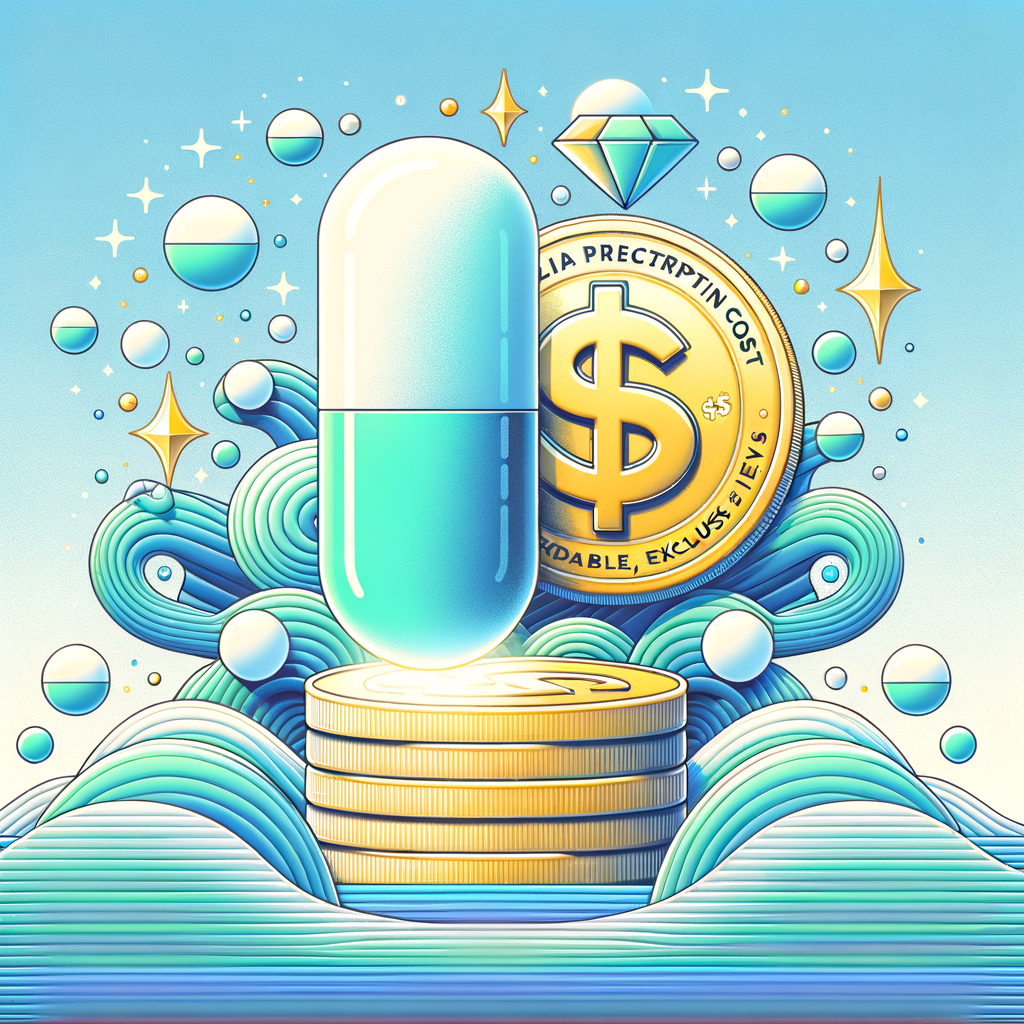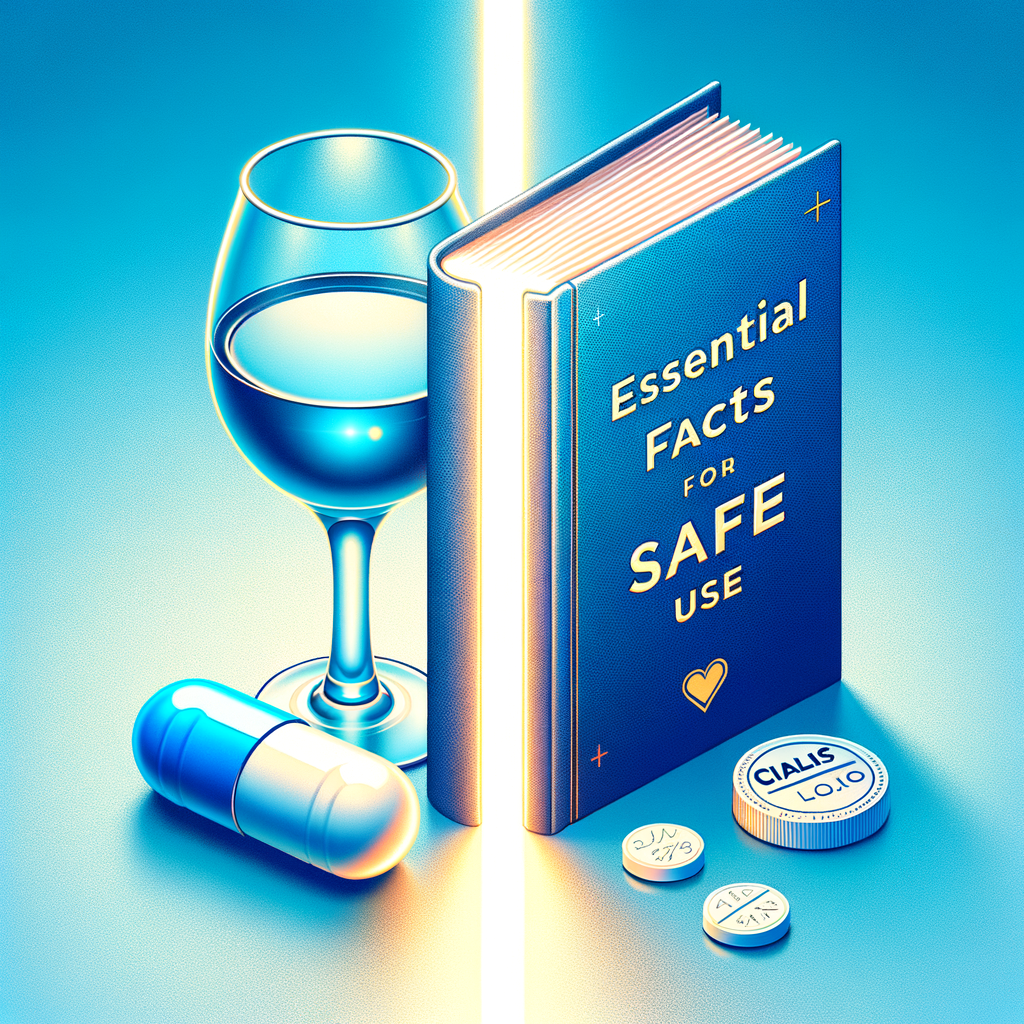- Tips for Improving Communication with Your Erectile Dysfunction Doctor
- Addressing Challenges and Overcoming Barriers to Communication
- FAQ – Frequently Asked Questions
- References
Understanding the Importance of Communication in Treating Erectile Dysfunction
Effective communication between a patient and their doctor is crucial in addressing the sensitive issue of erectile dysfunction (ED). Being able to convey concerns, symptoms, and preferences openly and honestly can significantly impact the treatment outcomes and overall patient satisfaction. When seeking advice from an erectile dysfunction doctor, it is essential to prioritize clear and effective communication to ensure the best possible care and support.
Communication starts with actively engaging with your doctor to discuss symptoms, medical history, lifestyle factors, and treatment options. By openly sharing your experiences and concerns, you provide valuable information that can help your doctor tailor a personalized treatment plan. Remember that your doctor is there to help and support you, so being transparent about your ED symptoms and their impact on your life is key to receiving the necessary care.
Transitional words like “furthermore,” “moreover,” and “additionally” can help in progressing the conversation and ensuring that all relevant details are covered. By maintaining a dialogue with your doctor, you can address any questions or uncertainties that may arise during the consultation. This collaborative approach fosters trust and enables both parties to work together towards a common goal of managing and treating erectile dysfunction effectively.
Tips for Improving Communication with Your Erectile Dysfunction Doctor
1. Prepare for Your Appointment: Prior to your visit, make a list of questions, symptoms, and concerns related to your ED. This will help you stay organized and ensure that all essential topics are addressed during your consultation.
2. Be Honest and Open: Sharing intimate details about your sexual health may feel uncomfortable, but remember that your doctor is a professional trained to handle such discussions. Honesty is vital for accurate diagnosis and appropriate treatment recommendations.
3. Ask Questions: Don’t hesitate to seek clarification or more information about your condition and the available treatment options. Understanding your ED and the proposed treatments can empower you to make informed decisions about your health.
4. Discuss Treatment Preferences: Let your doctor know if you have preferences or concerns regarding specific treatment modalities. Collaboration in decision-making can lead to a more personalized and satisfactory treatment plan.
5. Seek Support: If you feel overwhelmed or anxious about your ED, don’t hesitate to discuss these emotions with your doctor. They can provide guidance, resources, or referral to a mental health professional if needed.
Effective communication with your erectile dysfunction doctor goes beyond simply discussing medical issues—it involves building a trusting relationship based on mutual respect and understanding. By following these strategies and actively participating in your healthcare journey, you can enhance the quality of care you receive and improve your overall well-being.
Addressing Challenges and Overcoming Barriers to Communication
In some cases, patients may encounter obstacles that hinder effective communication with their erectile dysfunction doctor. These challenges can range from embarrassment and stigma associated with ED to language barriers and cultural differences. Recognizing and addressing these barriers is essential to ensure that all patients receive the support and guidance they need to manage their condition successfully.
One common barrier to communication is the fear of judgment or embarrassment when discussing intimate topics like erectile dysfunction. It is important to remember that ED is a medical condition that affects many men, and seeking help is a proactive step towards regaining control over your sexual health. Your doctor is there to assist you, not to criticize or belittle your concerns.
Cultural factors can also impact communication during medical consultations. Patients from diverse backgrounds may have different beliefs and attitudes towards sexuality and healthcare, which can influence how they perceive and discuss ED. Doctors should be culturally sensitive and respectful of individual differences to foster open communication and provide culturally competent care.
Transitional phrases such as “on the other hand,” “as a result,” and “in contrast” can help transition between different aspects of communication barriers and solutions. By acknowledging and addressing communication challenges, both patients and doctors can work together to find strategies that promote effective dialogue and enhance the patient-provider relationship.
FAQ – Frequently Asked Questions
1. Is erectile dysfunction a common issue among men of all ages?
Answer: Yes, ED can affect men of all ages, although it is more prevalent in older age groups.
2. What are some lifestyle changes that can help improve erectile function?
Answer: Maintaining a healthy diet, engaging in regular physical activity, managing stress, and avoiding smoking and excessive alcohol consumption can positively impact erectile function.
3. Are there non-prescription remedies that can help with erectile dysfunction?
Answer: Some men find relief from ED symptoms with over-the-counter supplements, but it is crucial to consult with a healthcare provider before trying any alternative treatments.
4. Can psychological factors contribute to erectile dysfunction?
Answer: Yes, stress, anxiety, depression, and relationship issues can all play a role in the development and exacerbation of ED.
5. What should I do if I experience side effects from my prescribed ED medication?
Answer: Contact your doctor immediately to discuss any concerning side effects and explore alternative treatment options.
6. Are there specific medical conditions that can cause or worsen erectile dysfunction?
Answer: Yes, conditions such as diabetes, high blood pressure, heart disease, and hormonal imbalances can contribute to ED.
7. How can I support a partner experiencing erectile dysfunction?
Answer: Offering understanding, patience, and open communication can help alleviate the emotional burden of ED and strengthen your relationship.
8. Is erectile dysfunction always a sign of an underlying medical issue?
Answer: While ED can be a symptom of various health conditions, it may also occur due to psychological factors or lifestyle habits.
9. Can regular exercise help improve erectile function?
Answer: Yes, physical activity can enhance blood flow, cardiovascular health, and overall well-being, which may positively impact erectile function.
10. What role does communication play in the treatment of erectile dysfunction?
Answer: Effective communication between patients and their doctors is essential for accurate diagnosis, personalized treatment planning, and ongoing support in managing ED.
References
1. Mayo Clinic. (2021). Erectile Dysfunction. https://www.mayoclinic.org/diseases-conditions/erectile-dysfunction/symptoms-causes/syc-20355776
2. American Urological Association. (2021). Erectile Dysfunction. https://www.auanet.org/guidelines/erectile-dysfunction-(2021)
3. National Institute of Diabetes and Digestive and Kidney Diseases. (2021). Erectile Dysfunction. https://www.niddk.nih.gov/health-information/urologic-diseases/erectile-dysfunction



